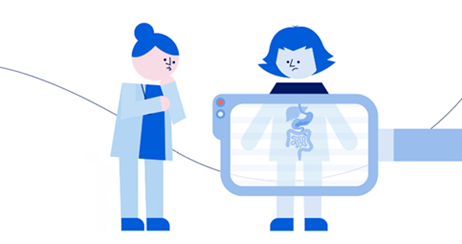One of the challenges of CKD is the absence of symptoms in its early stages. This lack of obvious warning signs is why regular tests, including measurements of glomerular filtration rate (GFR) and levels of red blood cells, and protein levels in urine are critical for detecting early CKD in people with diabetes.
If symptoms do appear, it might include blood in your urine, shortness of breath, trouble sleeping, feeling tired or nauseous without any apparent cause. It’s important to be aware of the signs of kidney failure in type 2 diabetes and attend regular health check-ups to detect it as early as possible. You might also notice swelling in your feet or ankles, the need to use the bathroom more often (especially at night) and higher blood pressure readings than normal8.
Our body is made up of various interconnected systems, which explains why type 2 diabetes increases your risk of developing other chronic diseases, such as CKD, cardiovascular disease or obesity9. For people with type 2 diabetes, it’s especially important to not only monitor your blood sugar levels, but also the9:
- Protection of your kidneys
- Health of your heart and blood vessels
- Management of your body fat and weight







